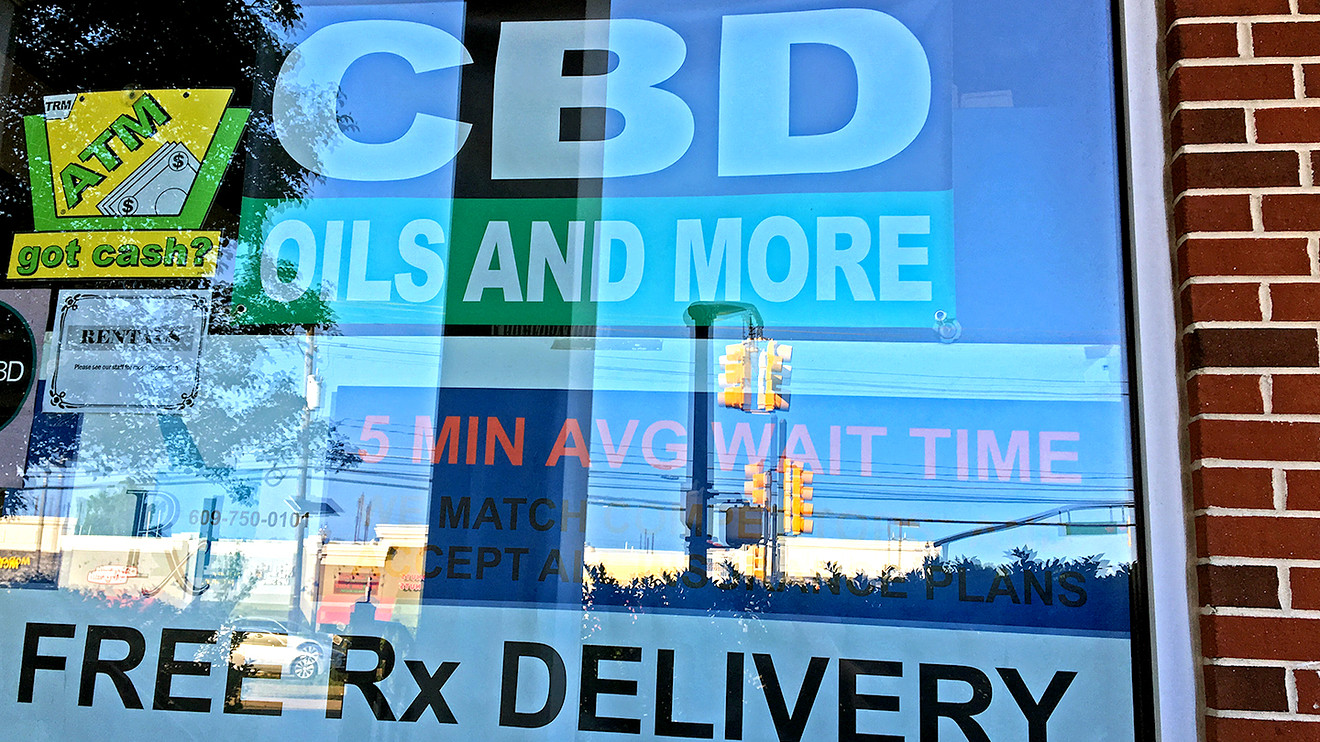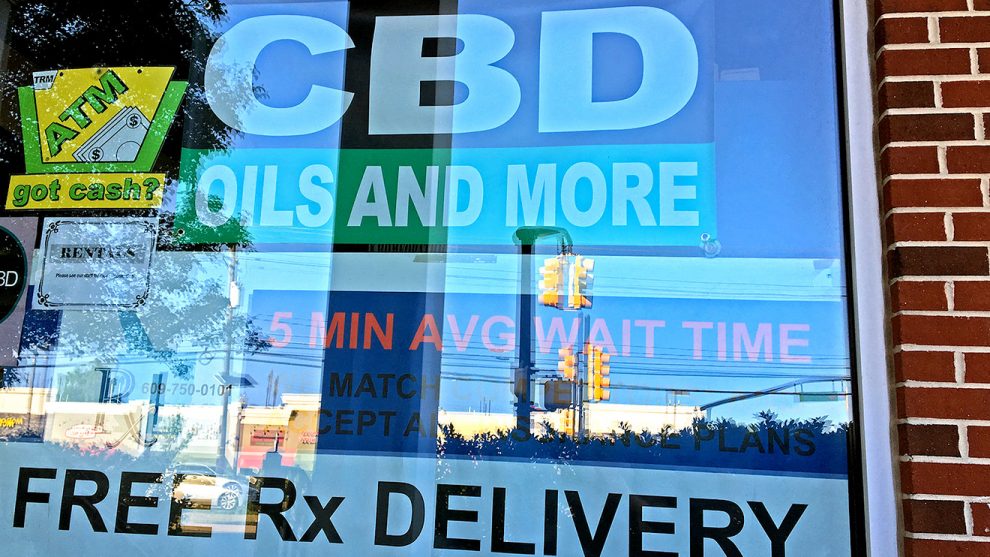
If you are one of the many Americans who use cannabidiol (CBD) and want access to safe CBD products without a doctor’s prescription, it’s time to speak up and let the U.S. Food and Drug Administration know what you think.
The FDA is developing regulations around hemp-derived products that contain CBD—starting with a May 31 hearing—as the agency builds on its established guidance for dietary supplements and cosmetics. It currently bans from interstate commerce any foods and beverages to which CBD has been added as an adulterant.
The FDA’s stance on hemp is confusing, without question. Here’s the gist: When CBD is isolated in its molecular form and used as an ingredient, in the FDA’s eyes, it’s different from hemp extract oil that has naturally occurring cannabinoids, including CBD.
Why should you care about the FDA’s bureaucratic move? Despite CBD’s rising popularity and current widespread availability, many products aren’t accurately labeled and there are no standards or product-testing mandates for purity and safety.
Now the FDA is preparing to codify its guidelines. If the FDA takes a protracted, overly cautious approach in enacting regulations and maintains its stance that certain products are illegal for interstate commerce—particularly CBD added to food and beverages, or marketed as supplements—keeping this sector in a gray area for the foreseeable future helps neither consumers nor the businesses making these products.
The federal government needs to focus on enhancing consumer protections by establishing product quality-assurance standards, not restricting access to this valuable compound and pushing sales into the illicit market.
Read: An entire industry is being built around CBD, but we really don’t know that much about it
Current legal status of CDB products
Recent shifts in policy have created the current regulatory quagmire that is the American CBD market.
When the FDA approved the epilepsy medication Epidiolex in June 2018—marking the agency’s first-ever approval of a CBD-based medication—it established the non-intoxicating cannabinoid as an active ingredient in a prescription-only drug. Federal law prohibits the use of active drug ingredients in any non-FDA approved health or wellness products such as supplements, foods, or beverages. That means the FDA’s approval of Epidiolex also effectively instituted a federal prohibition on non-prescription, over-the-counter (OTC) sales of certain CBD products meant for human consumption.
Things only got more complicated after Congress legalized domestic hemp production through the 2018 farm bill, increasing the opportunity for crops to be extracted into cannabinoid-containing oils used in products such as supplements and tinctures that are often added to food and drink.
Read: Hemp and CBD now qualify for one of the most lucrative — and wasteful — government subsidies
What’s worrisome is that FDA rulemaking could take years, especially in light of the April departure of the agency’s commissioner, Dr. Scott Gottlieb. Before he left his post, Gottlieb said that further legislative action by Congress would help the agency address CBD in the food supply: “I think you need to come up with a framework that defines concentration levels, where you would create some kind of cutoff, and that would be up to the agency to do,” he said, according to a report by Marijuana Moment. “Congress would obviously give directions to the agency to do that.”
For now, CBD products available to consumers don’t undergo any sort of mandated purity testing or labeling requirements—and that’s where the danger lies.
What science says about CBD
Pure CBD is generally accepted as safe, and has the potential to provide myriad health benefits. CBD-infused health and wellness products are purchased every day by Americans seeking help with inflammation, sleep, stress, skin issues and numerous other maladies. That said, much of the existing research on CBD’s impact has been conducted in the lab and on animal models; human studies are in the preliminary stages.
Read: FDA warns companies to stop making ‘unsubstantiated’ claims about CBD curing cancer and Alzheimer’s
Substantial evidence supports the conclusion that CBD is generally well tolerated in humans and that it presents no potential for abuse or dependence. The World Health Organization said as much in June 2018 in a comprehensive review of research spanning lab studies and clinical trials on humans that focused on epilepsy.
CBD has an extremely high safety profile relative to the active ingredients in many supplements and OTC medications such as St. John’s wort, ginko, acetaminophen and aspirin, to name a few. The larger concerns around CBD safety have to do with potential drug interactions, and the scourge of tainted, mislabeled, unregulated CBD products flooding the marketplace.
CBD products need regulatory oversight
Although CBD itself is safe, unregulated CBD products raise questions. It’s almost impossible to know what you’re actually getting when you purchase a bottle of CBD oil tincture or capsules. And there are bad actors passing off low-quality snake oil as high-quality CBD oil.
The mislabeling of CBD products is widespread. At best, consumers are overpaying for ineffective products. At worst, they may be consuming dangerous contaminants or the undesired psychoactive cannabinoid THC.
In a widely reported 2017 study on CBD products sold online, researchers found that nearly 70% of 84 products tested were inaccurately labeled, according to the Journal of the American Medical Association. More recently, just three out of 20 CBD products tested in a blind analysis by a California testing company contained the amount of CBD that their label claimed, as first reported by Business Insider. More alarmingly, many products contained harmful gases like ethylene oxide and ethanol that pose particular harm when heated and inhaled.
The FDA has the power to enact new regulatory frameworks and oversight—and Congress has the power to earmark vital funding—to ensure CBD manufacturers adhere to good manufacturing practices and transparency with their products.
America’s CBD market in 2018 was estimated at $390 million, and with products available at mainstream retailers such as some CVS CVS, +0.98% and Walgreens WBA, +0.96% stores, sales figures are expected to balloon.
The need for oversight of a much sought-after product is clear. It’s time to urge federal lawmakers and the FDA to expedite commonsense regulations for product testing and labeling so consumers are protected, not restricted. The FDA is accepting public comment until July 2.
Robert Di Marco is the co-founder and CEO of Boulder Botanical & Bioscience Labs, a hemp cannabinoid product manufacturer located in Golden, Colo.









